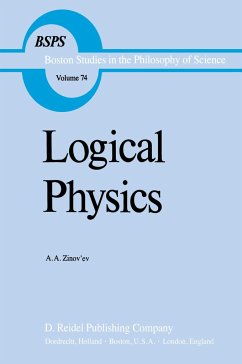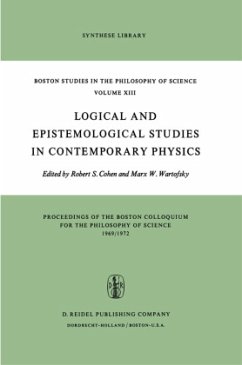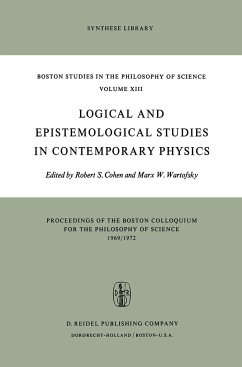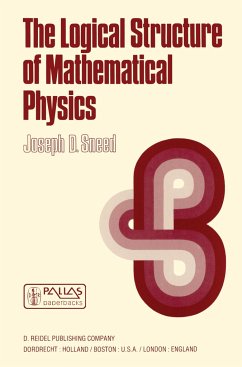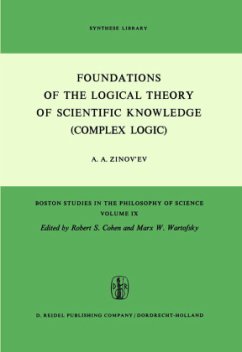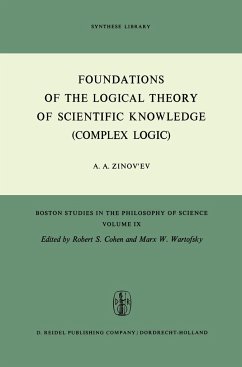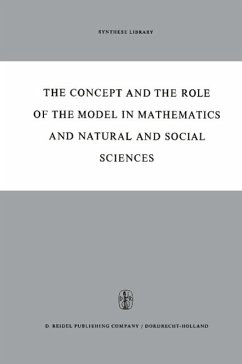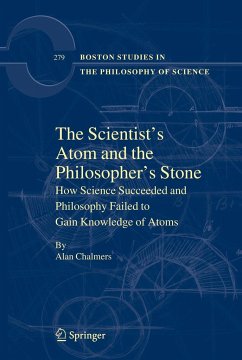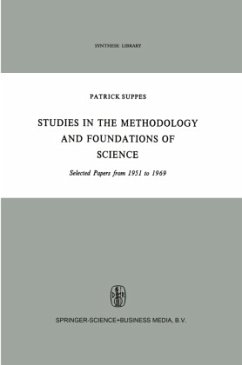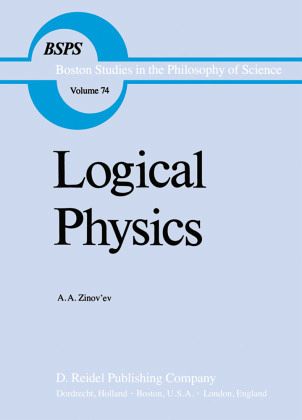
Logical Physics

PAYBACK Punkte
62 °P sammeln!
In this stimulating study of the logical character of selected fundamental topics of physics, Zinov'ev has written the first, and major, stage of a general semantics of science. In that sense he has shown, by rigorous examples, that in certain basic and surprising respects we may envision a reducibility of science to logic; and further that we may detect and eliminate frequent confusion of abstract and empirical objects. In place of a near chaos of unplanned theoretical languages, we may look toward a unified and epistemologically clarified general scientific language. In the course of this wo...
In this stimulating study of the logical character of selected fundamental topics of physics, Zinov'ev has written the first, and major, stage of a general semantics of science. In that sense he has shown, by rigorous examples, that in certain basic and surprising respects we may envision a reducibility of science to logic; and further that we may detect and eliminate frequent confusion of abstract and empirical objects. In place of a near chaos of unplanned theoretical languages, we may look toward a unified and epistemologically clarified general scientific language. In the course of this work, Zinov'ev treats issues of continuing urgency: the non-trivial import of Zeno's paradoxes; the residually significant meaning of 'cause' in scientific explanation; the need for lucidity in the conceptions of 'wave' and 'particle', and his own account of these; the logic of fields and of field propagation; Kant's antimonies today; and, in a startling aper~u, an insightful note on 'measuring' consciousness. Logical physics, an odd-appearing field of investigation, is a part of logic; and as logic, logical physics deals with the linguistic expressions of time, space, particle, wave, field, causality, etc. How far this may be taken without explicit use of, or reference to, empirical statements is still to be clarified, but Zinov'ev takes a sympathetic reader well beyond a realist's expectation, beyond the classical conventionalist. Zinov'ev presents his investigations in four chapters and an appendix of technical elucidation.



